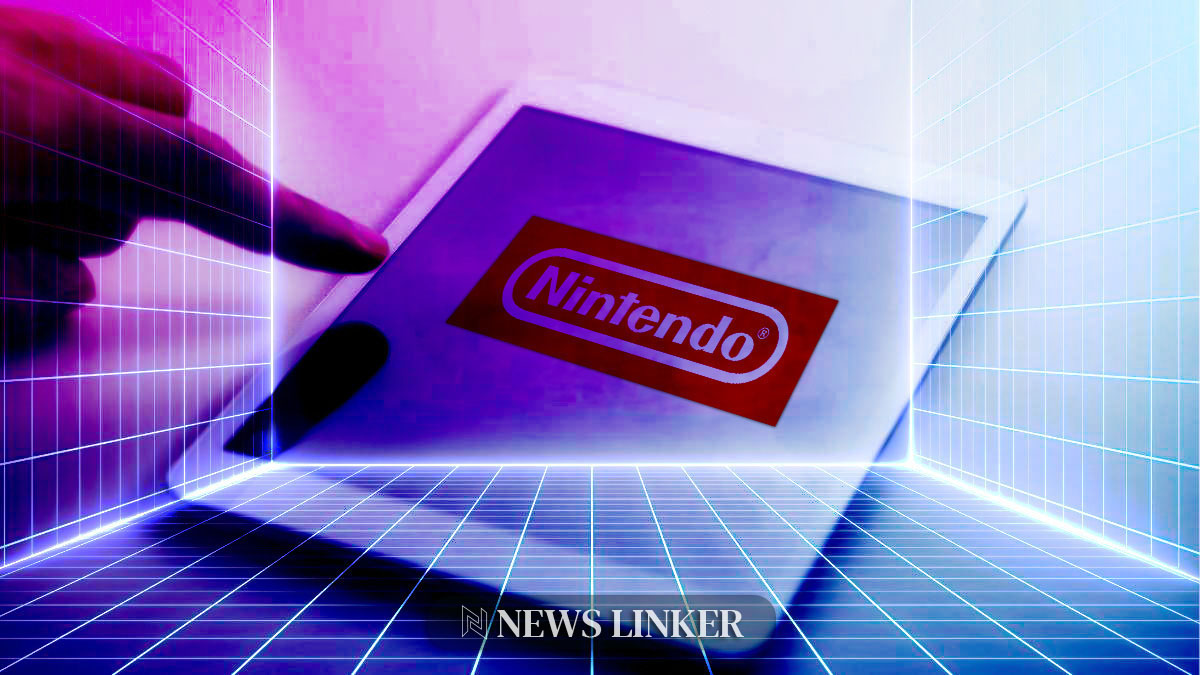The decision to skip Gamescom aligns with Nintendo‘s strategic approach to marketing and public appearances. They have historically chosen events that best fit their promotional needs and audience engagement strategies. This year, their absence from Gamescom, one of the largest gaming conventions globally, suggests a possible shift in their outreach and promotional tactics, potentially focusing on digital or localized events that could offer a more direct engagement with their target market.
Over recent years, Nintendo’s participation in major industry events has been notably selective, reflecting a broader trend of major companies reconsidering the value of large-scale, in-person conventions. The gaming landscape has seen a significant push towards digital showcases, especially accentuated by the global pandemic, which forced many companies to adapt to online formats for game announcements and demos. This shift has not only changed how companies interact with their audiences but also how they allocate their marketing resources.
What Might Nintendo’s Marketing Focus Be?
Nintendo’s marketing strategies appear to be increasingly centered around tailored experiences and direct community engagement rather than large, impersonal events. This strategy could allow them to control the narrative more tightly and focus on building deeper connections with their fans through unique, branded online events and possibly more regional showcases that resonate more personally with their global audience.
How Does This Affect Game Releases?
The absence of Nintendo from Gamescom could influence the timing and nature of their game releases. Typically, large events like Gamescom serve as platforms for big announcements and releases; without this stage, Nintendo might opt for a staggered or more continuous reveal of new titles through the year via online platforms, thus keeping their audience engaged without the concentration of a single large event.
What are the Broader Implications for the Gaming Industry?
An academic study titled “Digital Transformation in the Gaming Industry: A Study of Event Marketing Strategies” published in the Journal of Digital Media & Policy explores how major businesses in the gaming sector are adapting their event marketing strategies in response to digital transformation. The paper suggests that a shift towards digital and smaller, more focused events could lead to more personalized marketing and potentially higher engagement rates, aligning with the observed changes in Nintendo’s approach.
Implications for the Reader:
- Nintendo might increase focus on digital engagement.
- New game releases may follow an unconventional schedule.
- Expect more intimate, region-specific Nintendo events.
As Nintendo steps back from Gamescom, it’s clear they are crafting a new path in their marketing and engagement strategies that could influence not only their future game releases but also how they connect with their audience. This move might be indicative of a larger trend within the industry where major players are seeing more value in direct and digital interaction, moving away from traditional, large-scale events. The gaming community can likely anticipate more frequent updates and potentially exclusive online events from Nintendo as they explore new ways to maintain and grow their market presence.










